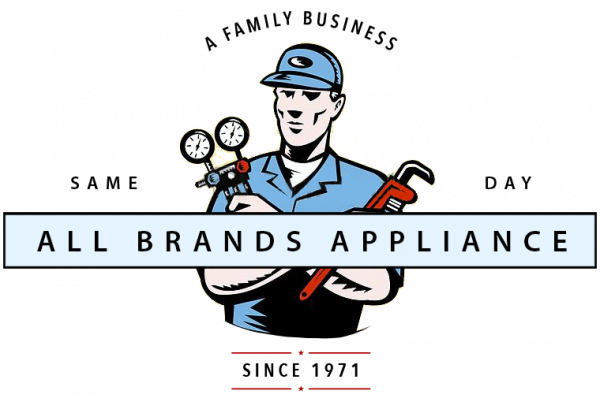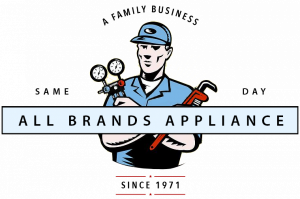Even though your washing machine is designed to clean your laundry, the appliance itself can sometimes become dirty and smelly. Find out how you can remove and prevent unwanted odors via these deep cleaning steps.
Why Does My Washing Machine Smell?
First, let’s look at why a washing machine might develop a bad smell. In some cases, the ongoing presence of moisture might be enough to cause mold or mildew growth. This, in turn, can create a musty, moldy smell that can even pass to your laundry.
Soap might also be the culprit. If you use too much or the wrong type of detergent for your machine, a layer of soap scum can build up in the drum. This can encourage mold or mildew growth—and the unpleasant odor that comes with it.
Give it a Scrub
In order to get rid of a bad smell in your washer, start by getting rid of any grime or buildup around the door and dispenser unit. You can use a sponge, cloth, or even an old toothbrush to complete this step.
For a top-load washer, open the lid and scrub all the way around and under the hinges. For a front-load washer, wipe around the door, paying attention to getting any gunk off of the rubber gasket.
Next, scrub out the detergent, bleach, and fabric softener dispensers on your machine. Getting rid of buildup is key to making sure there’s nowhere for mold or mildew to hide!
Sanitize and Rinse the Drum
Once you’ve tackled the door and dispenser, the drum is next. To clean the drum itself, use bleach to eliminate any mold or mildew.
For a top-loading machine, pour four cups of bleach into the drum. For a front-loading model, pour in two cups. Then:
- Select the highest temperature wash cycle and let the water fill the drum
- Pause the cycle for 30 minutes to let the bleach do its work
- Run the full cycle and let the water drain
- Run a rinse cycle to remove all the bleach
This sanitation step will kill any existing mold or mildew, helping to get rid of any unwanted smells.
Clean and Deodorize
Once the drum is sanitized, it’s time to move on to cleaning and deodorizing. For this step, you’ll need baking soda and white vinegar.
- Mix together 1/4 cup of baking soda with 1/4 cup of water and put it into the detergent dispenser
- For a top-loading machine, pour 4 cups of white vinegar into the drum; for a front-loading machine, pour in 2 cups
- Run a wash cycle with the hottest water possible
As with the sanitation step, you can opt to let the baking soda and vinegar solution soak inside the drum for 30 minutes once the water has filled. This is a great choice if you think your washer needs an extra deep clean.
Once the cycle has finished, check the inside of the drum and wipe away any remaining spots or gunk you can see. You can also run a final rinse cycle to remove all traces of the cleaning agents.
Repeat these steps any time you notice a smell in your washer. Or, include them in your regular household cleaning as a preventative measure. Either way, you’ll be able to enjoy a fresh-smelling washer and great-smelling laundry!
If you need help with stubborn odors or washing machine repairs in Wilmington or the surrounding area, call the team at All Brands Appliance Repair. We are a family-owned company with over 46 years of experience in the appliance repair field. For issues large and small, we’re here for you! All Brands Appliance Repair—Reputation You Can Count On.






